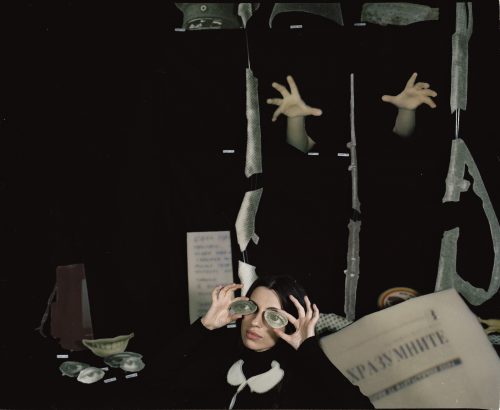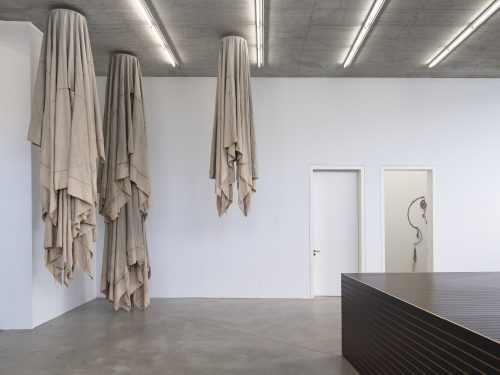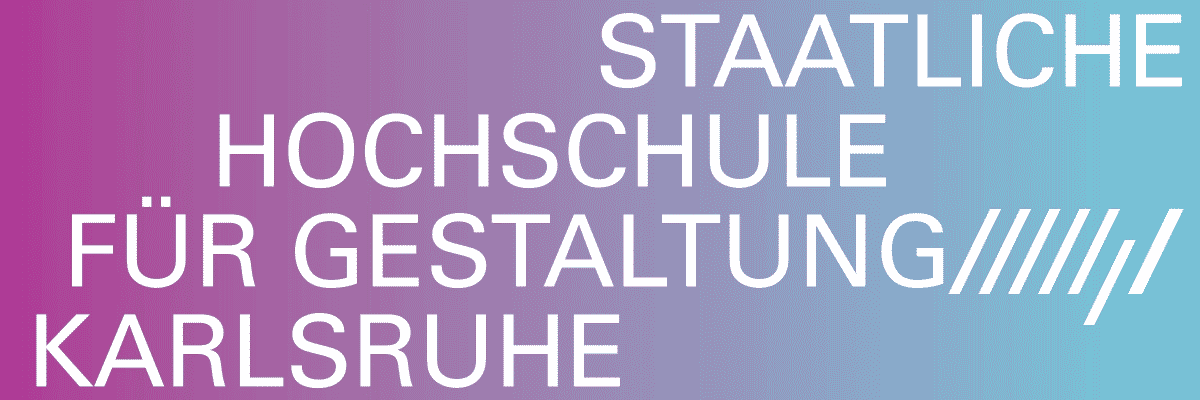
Nina Rieben
average poems sound best at midnight
Project Info
- 💙 Kaiserwache
- 💚 Christina Sperling, Lena Reckord, Ilja Zaharov
- 🖤 Nina Rieben
- 💜 Ilja Zaharov
- 💛 Christina Sperling
Share on
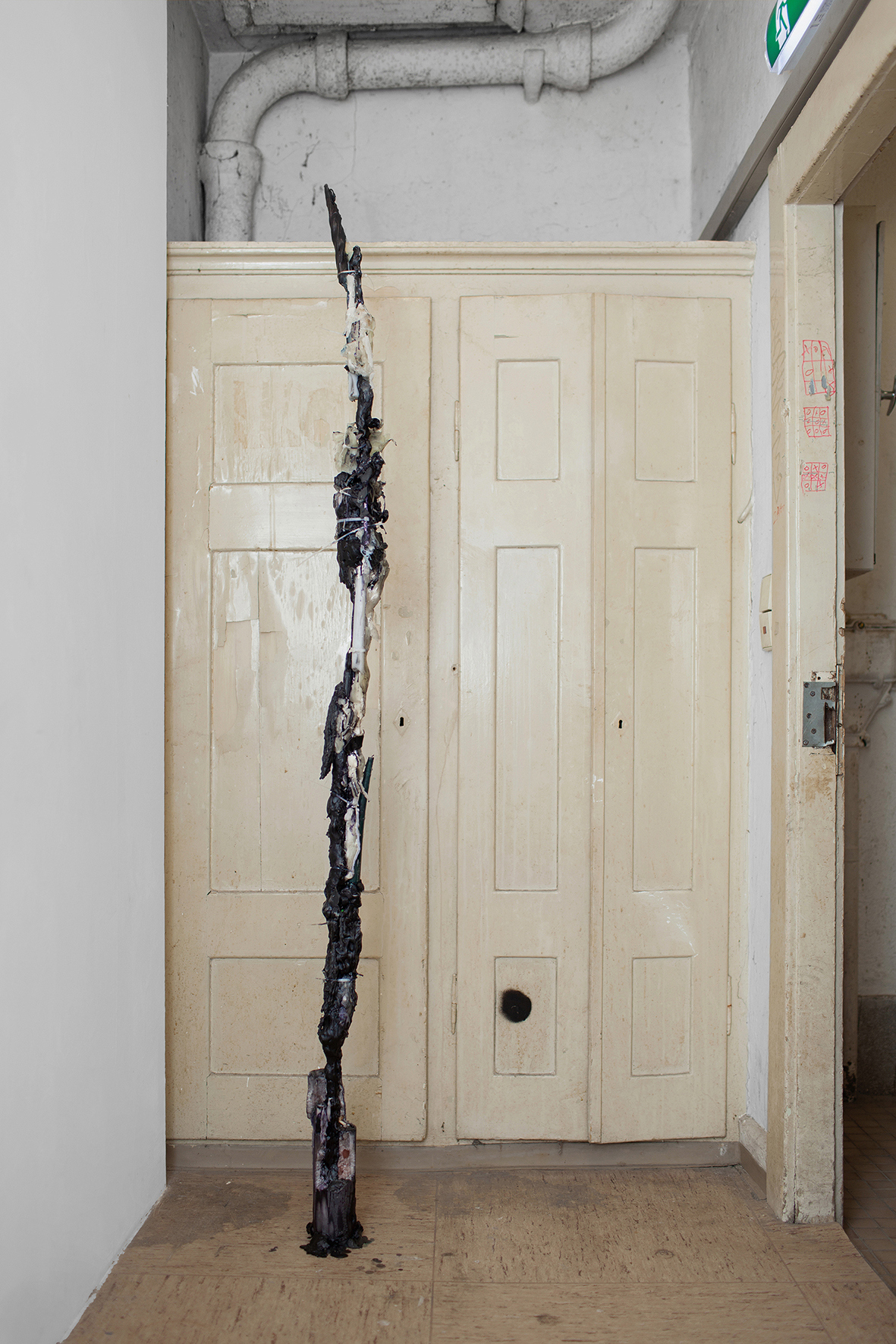
Intention Ghosts (retitled), 2021/24, series, candle remnants, wax, armatures, various materials, dimensions variable
Advertisement
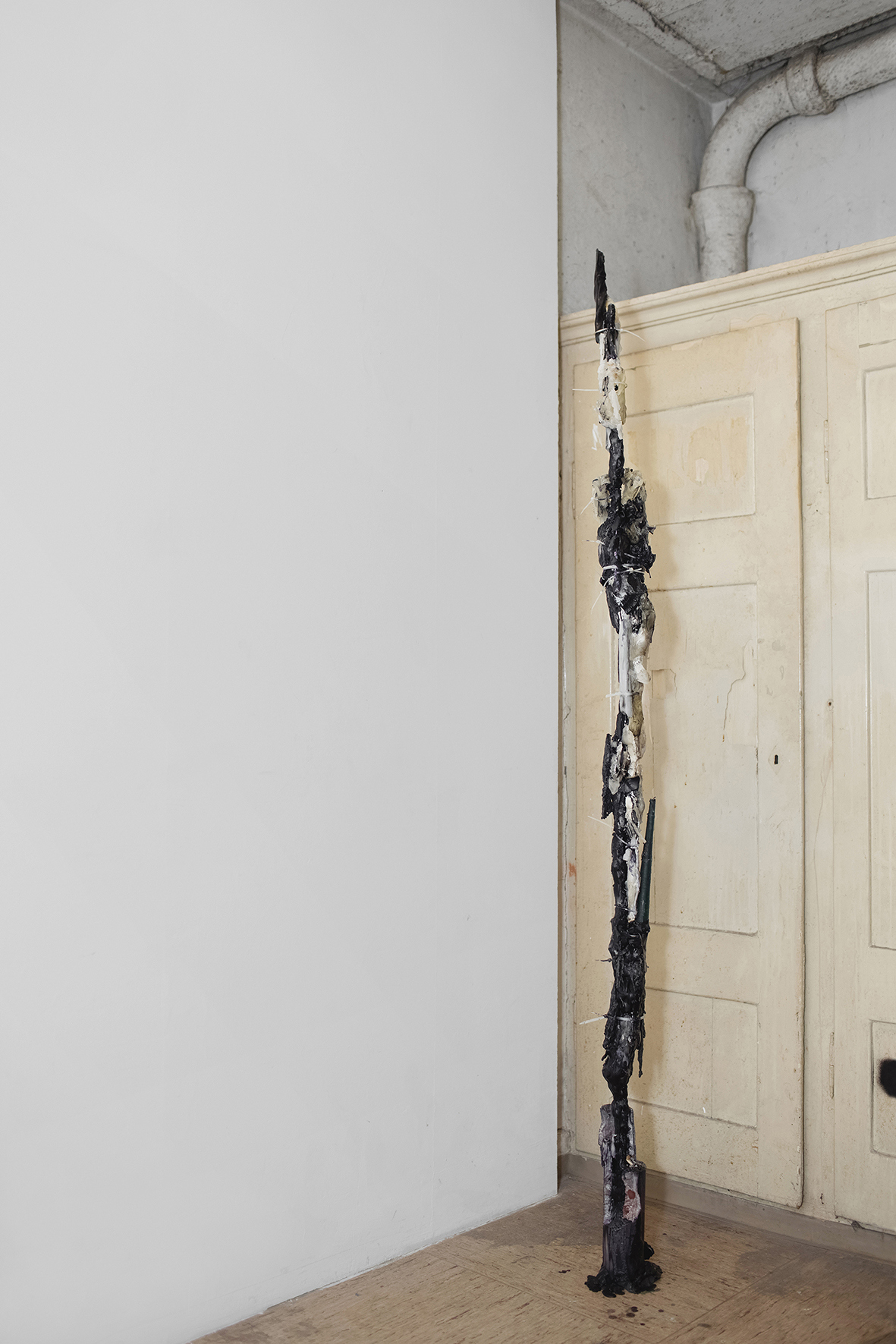
Intention Ghosts (retitled), 2021/24, series, candle remnants, wax, armatures, various materials, dimensions variable
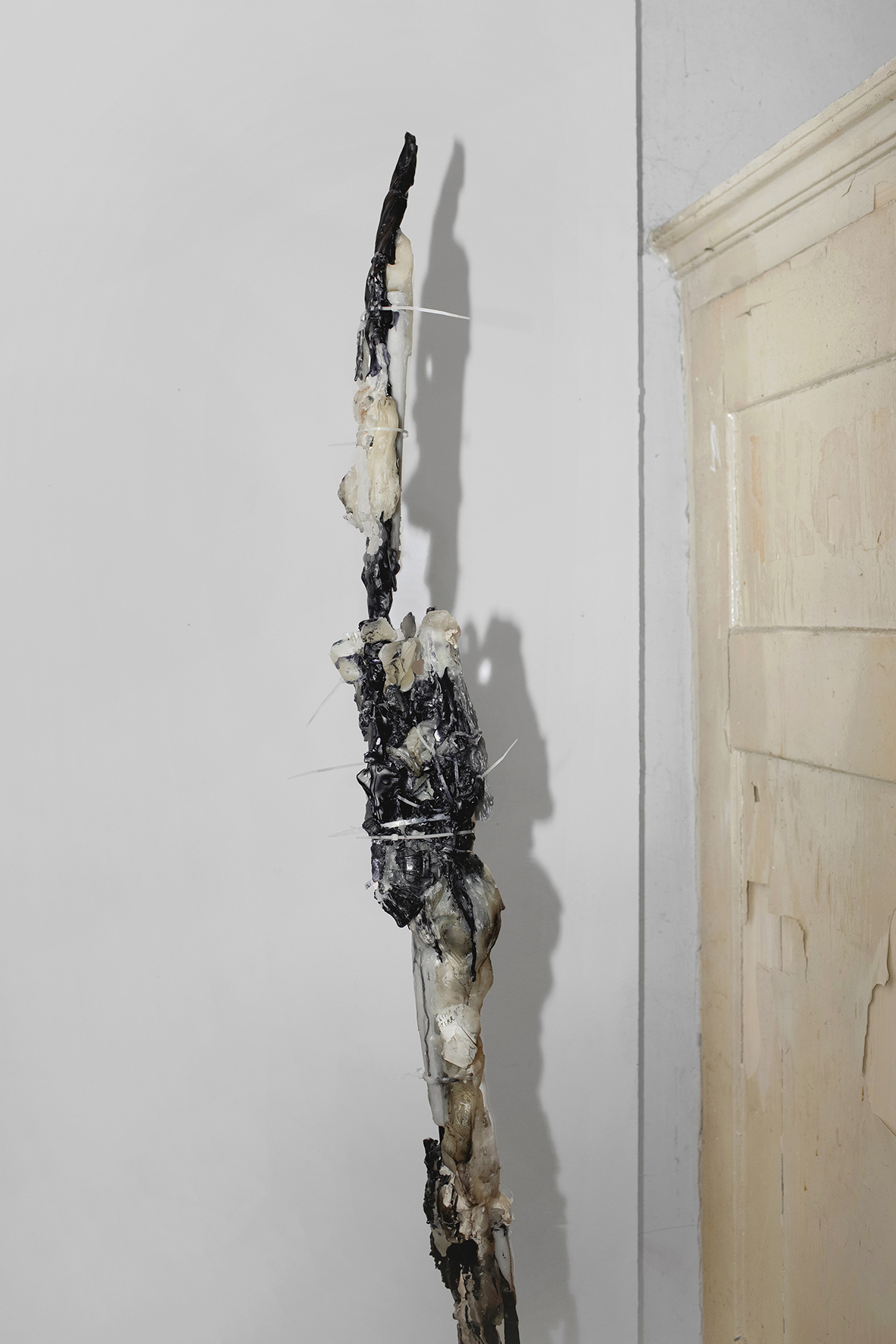
Intention Ghosts (retitled), 2021/24, series, candle remnants, wax, armatures, various materials, dimensions variable (detail)
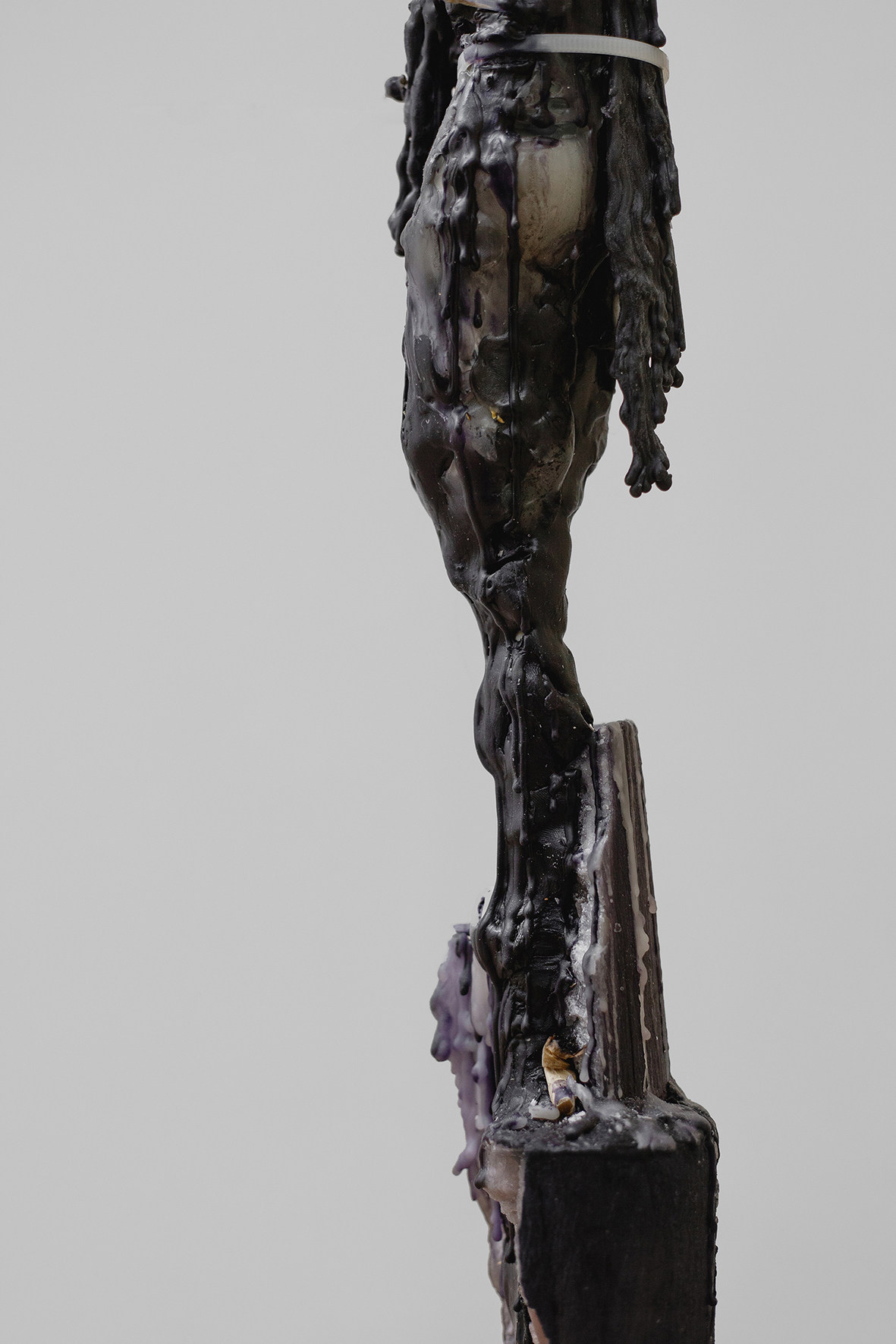
Intention Ghosts (retitled), 2021/24, series, candle remnants, wax, armatures, various materials, dimensions variable (detail)
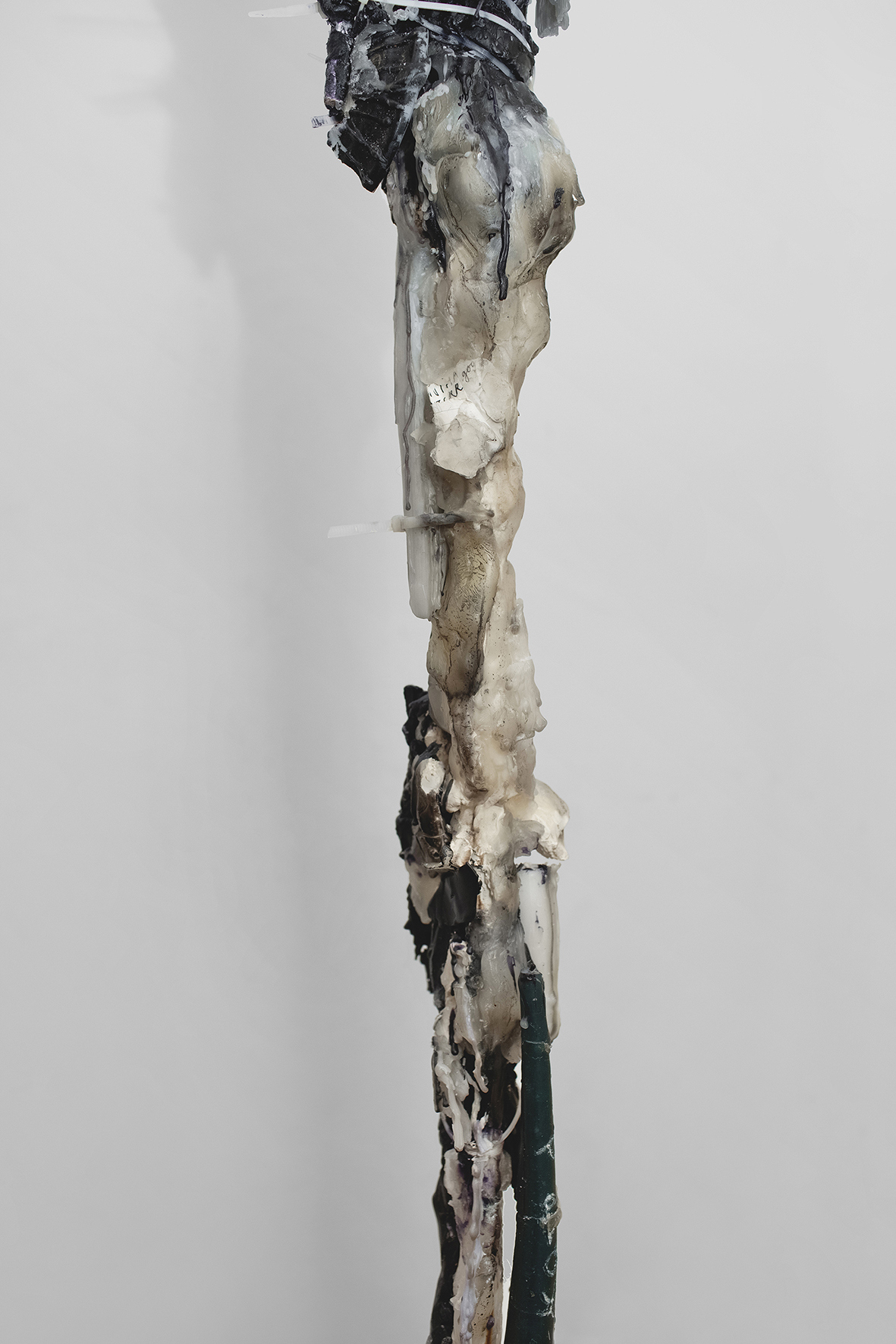
Intention Ghosts (retitled), 2021/24, series, candle remnants, wax, armatures, various materials, dimensions variable (detail)
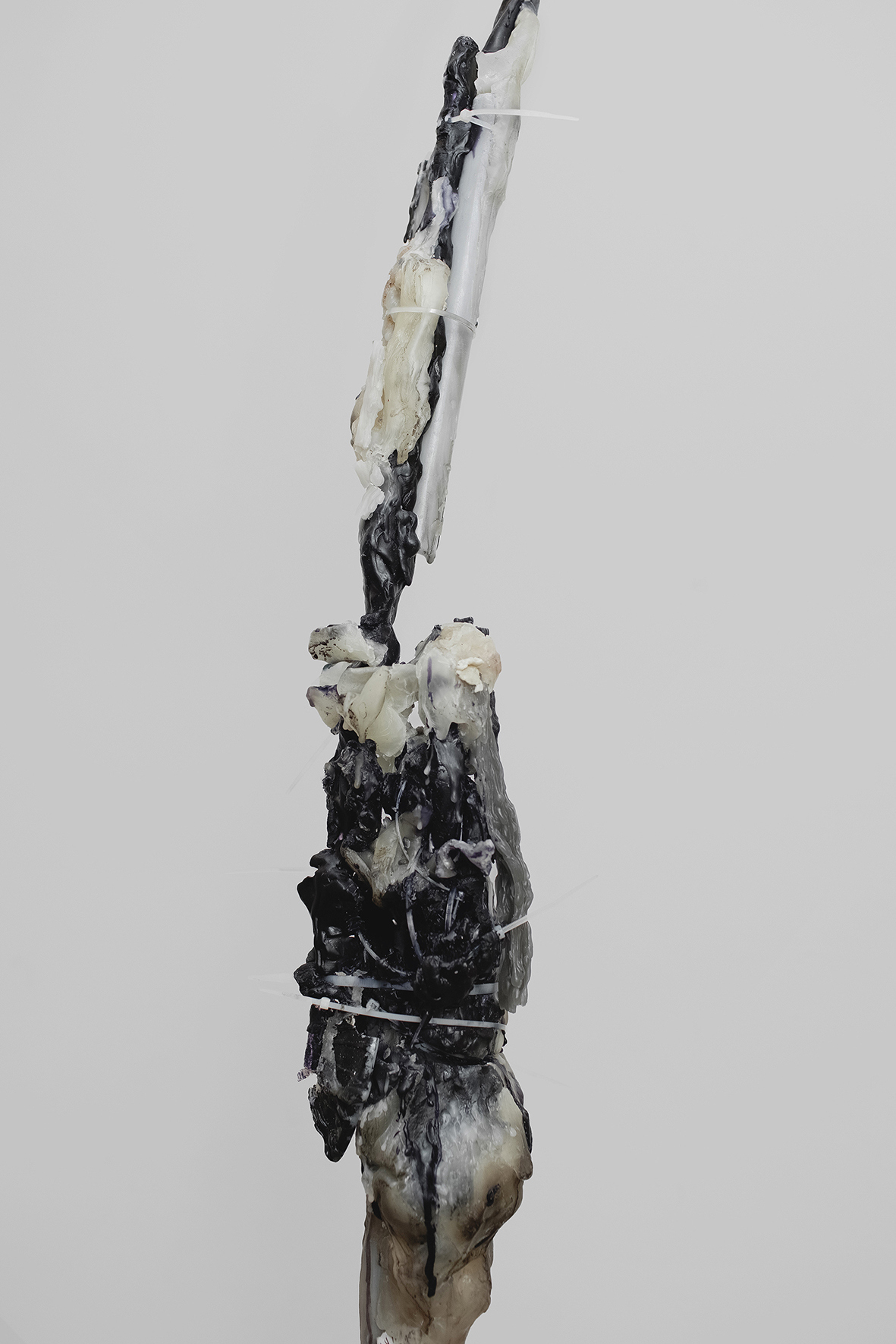
Intention Ghosts (retitled), 2021/24, series, candle remnants, wax, armatures, various materials, dimensions variable (detail)
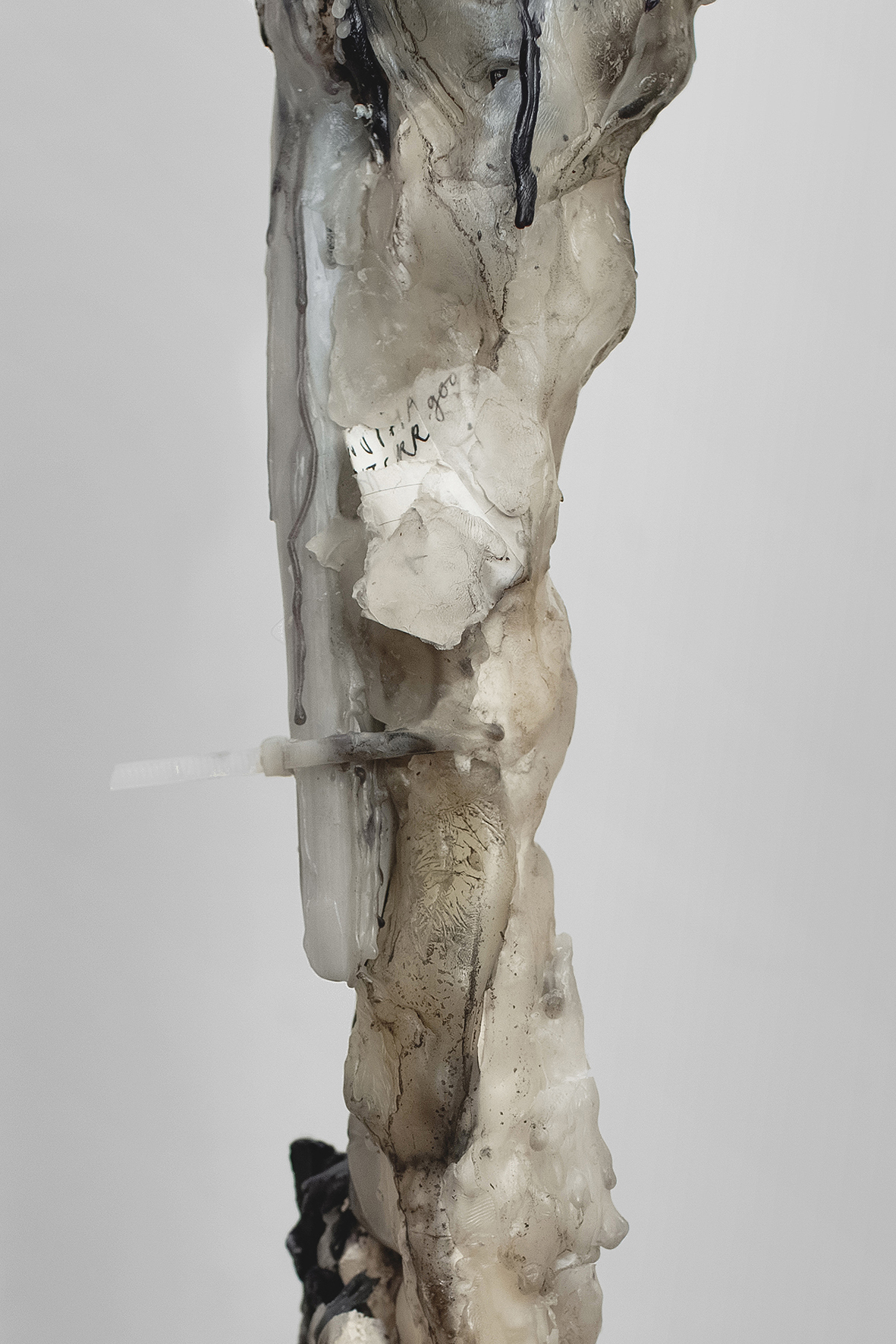
Intention Ghosts (retitled), 2021/24, series, candle remnants, wax, armatures, various materials, dimensions variable (detail)
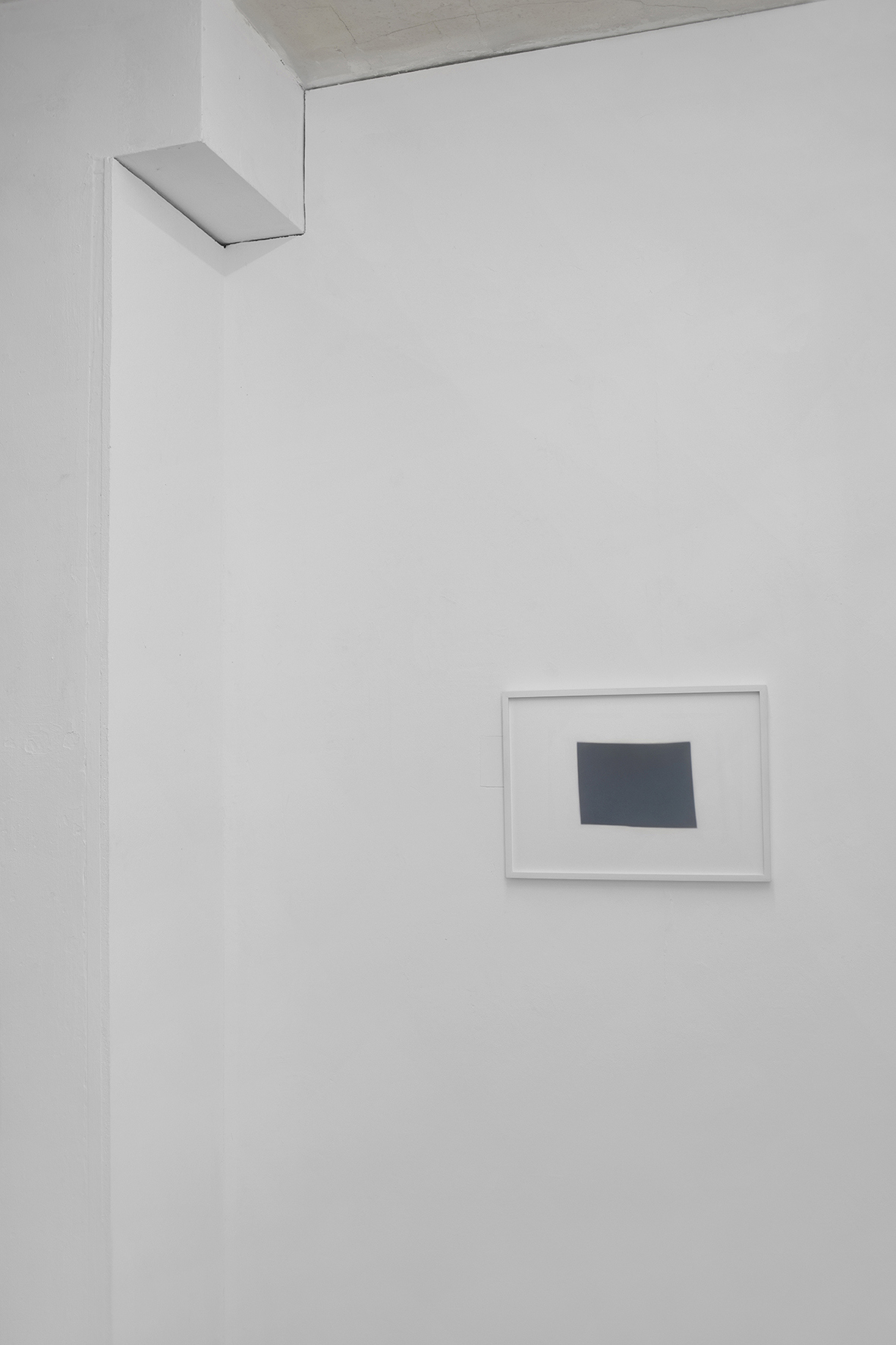
Schatten einer Fotografie, 2020, pigment print, framed, 30 x 42 x 1.5 cm
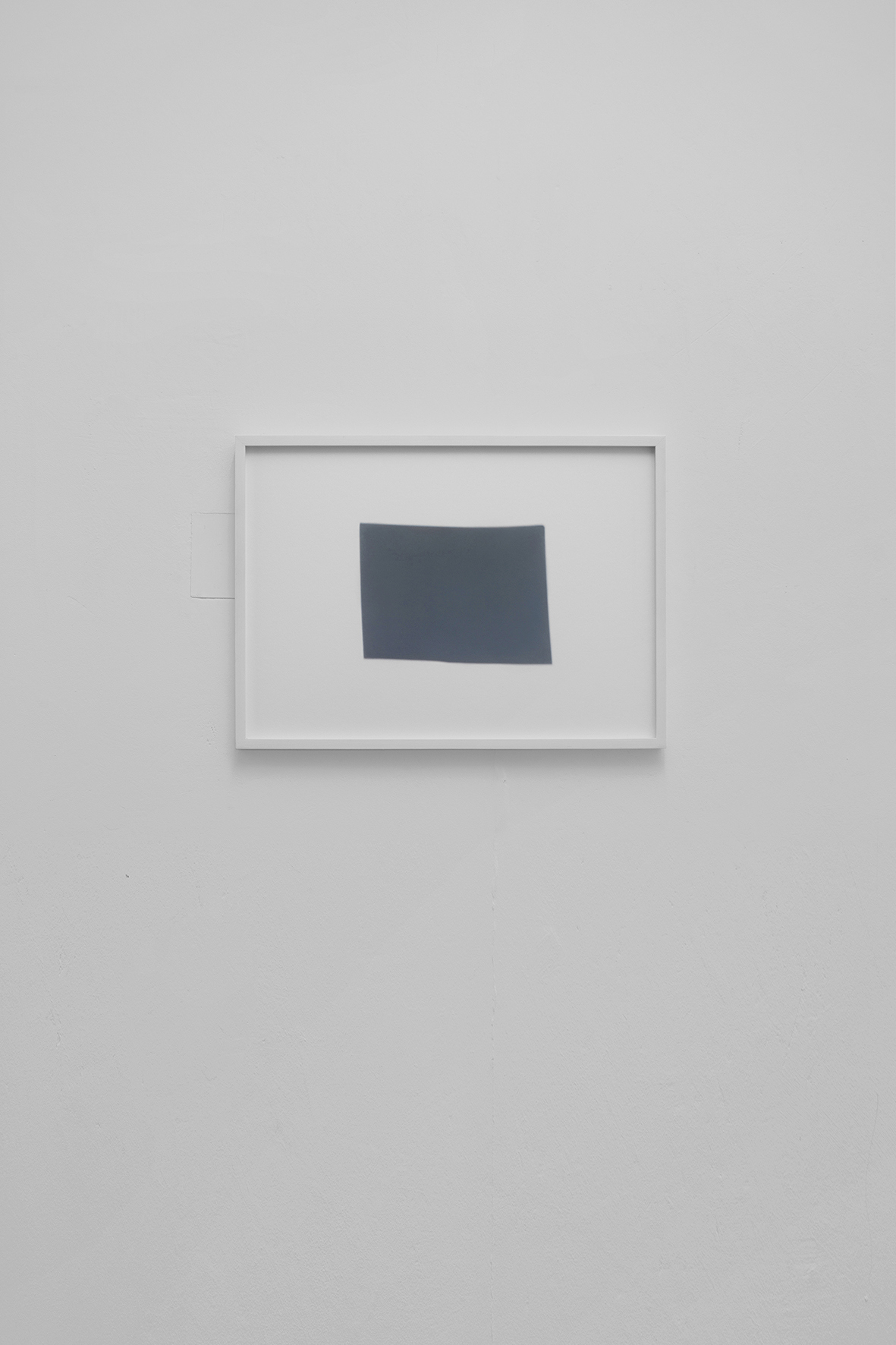
Schatten einer Fotografie, 2020, pigment print, framed, 30 x 42 x 1.5 cm
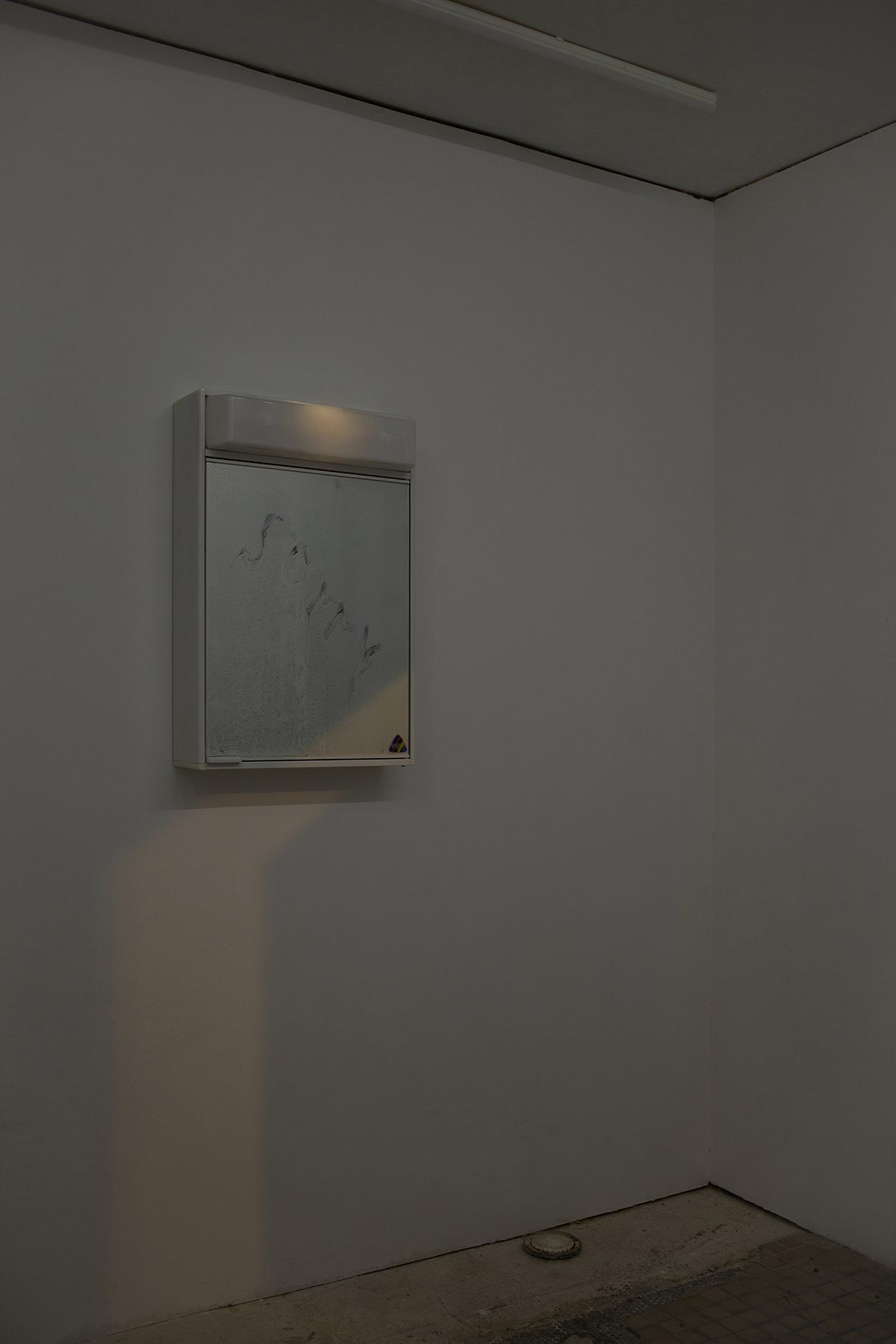
sorry, 2024, readymade, varnish, tag, 70 x 40 x 15 cm
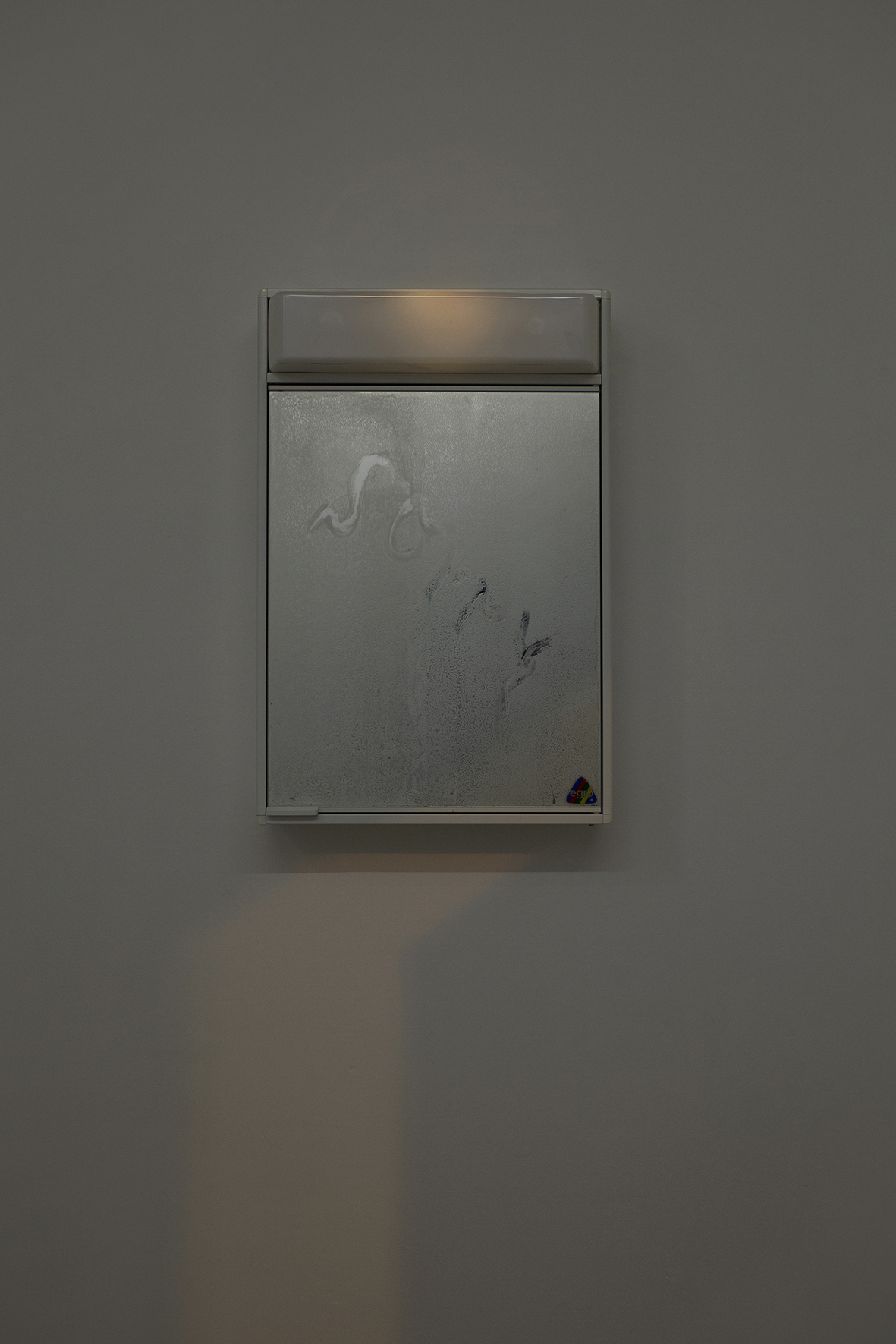
sorry, 2024, readymade, varnish, tag, 70 x 40 x 15 cm
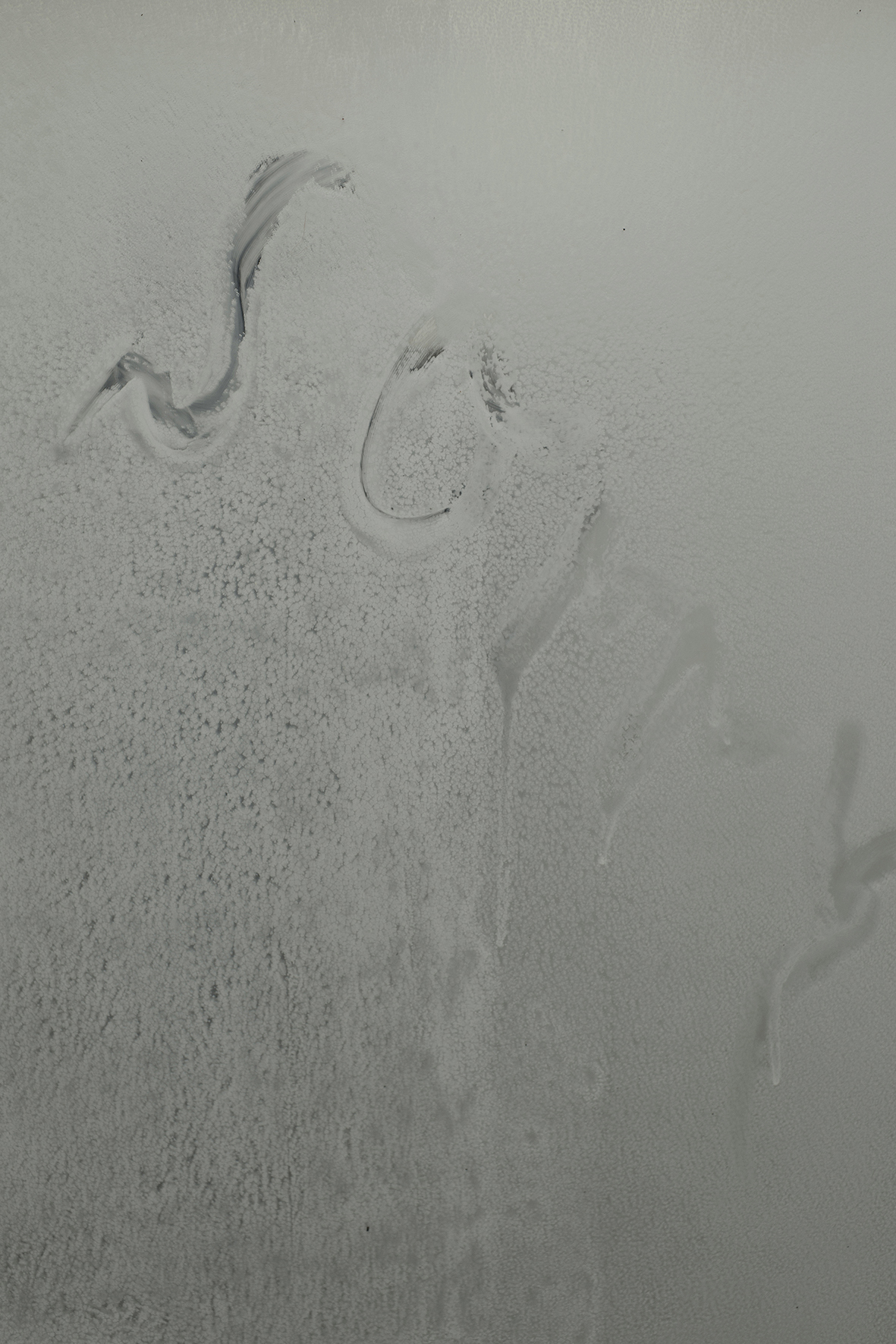
sorry, 2024, readymade, varnish, tag, 70 x 40 x 15 cm (detail)
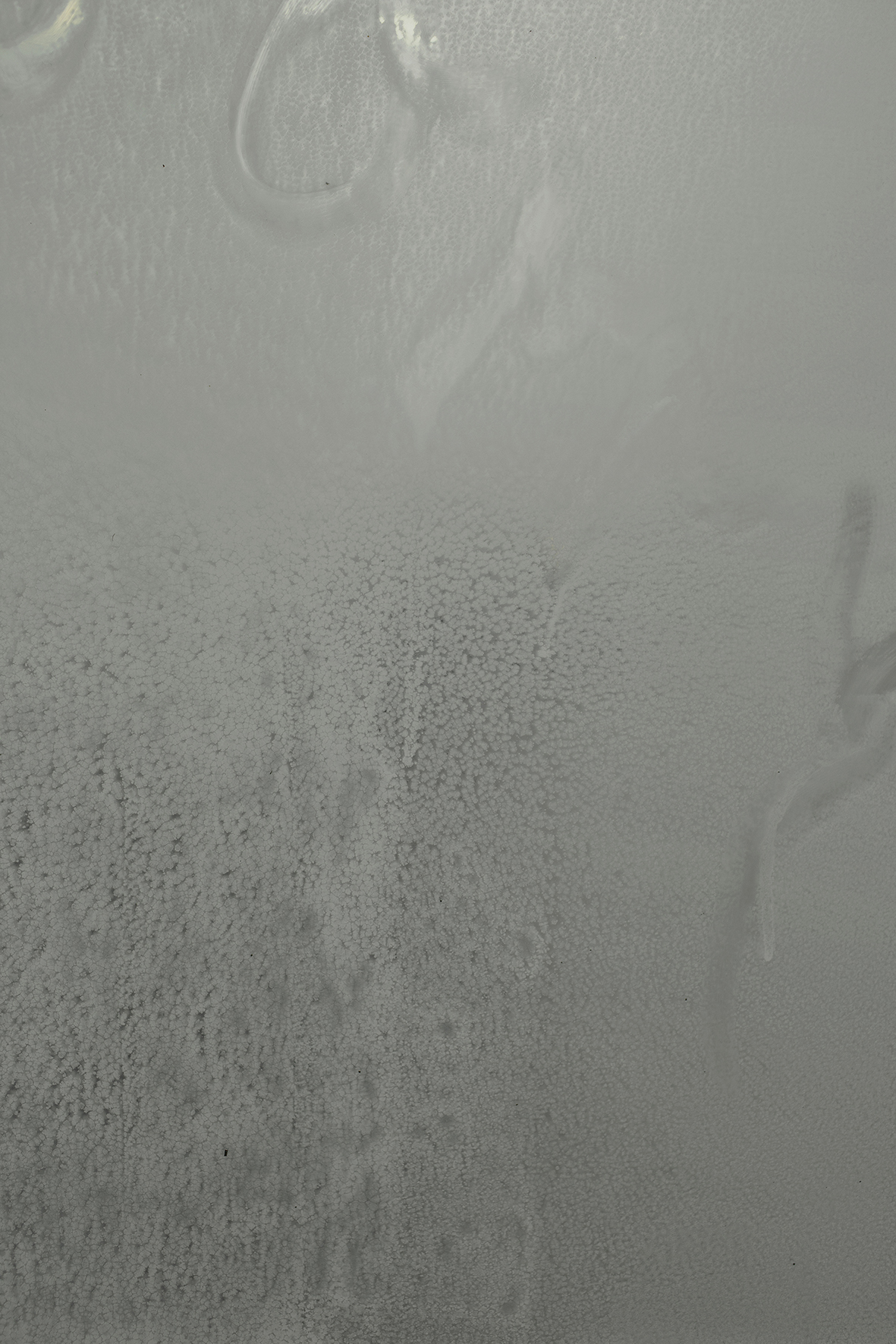
sorry, 2024, readymade, varnish, tag, 70 x 40 x 15 cm (detail)
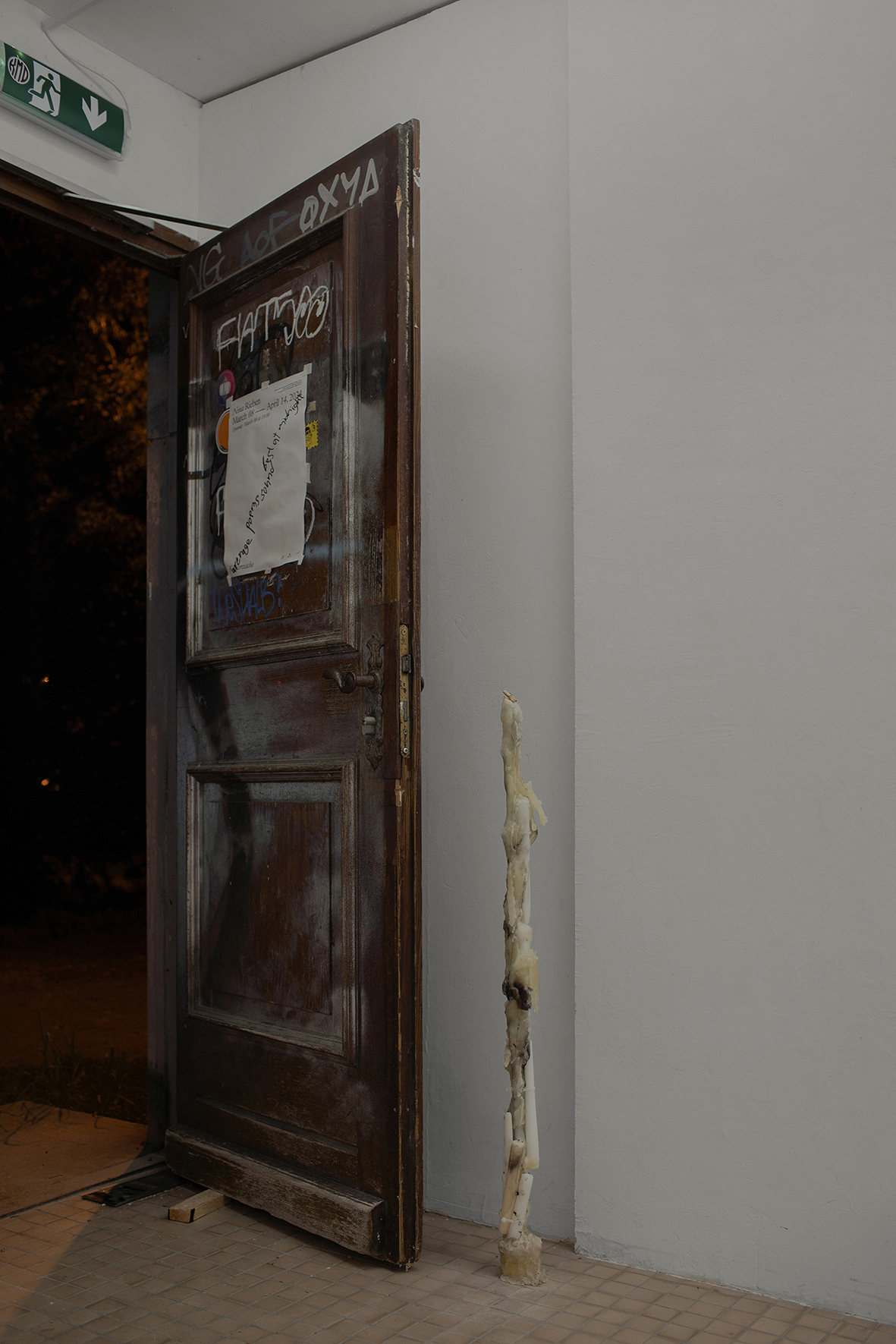
Intention Ghosts (retitled), 2021/24, series, candle remnants, wax, armatures, various materials, dimensions variable
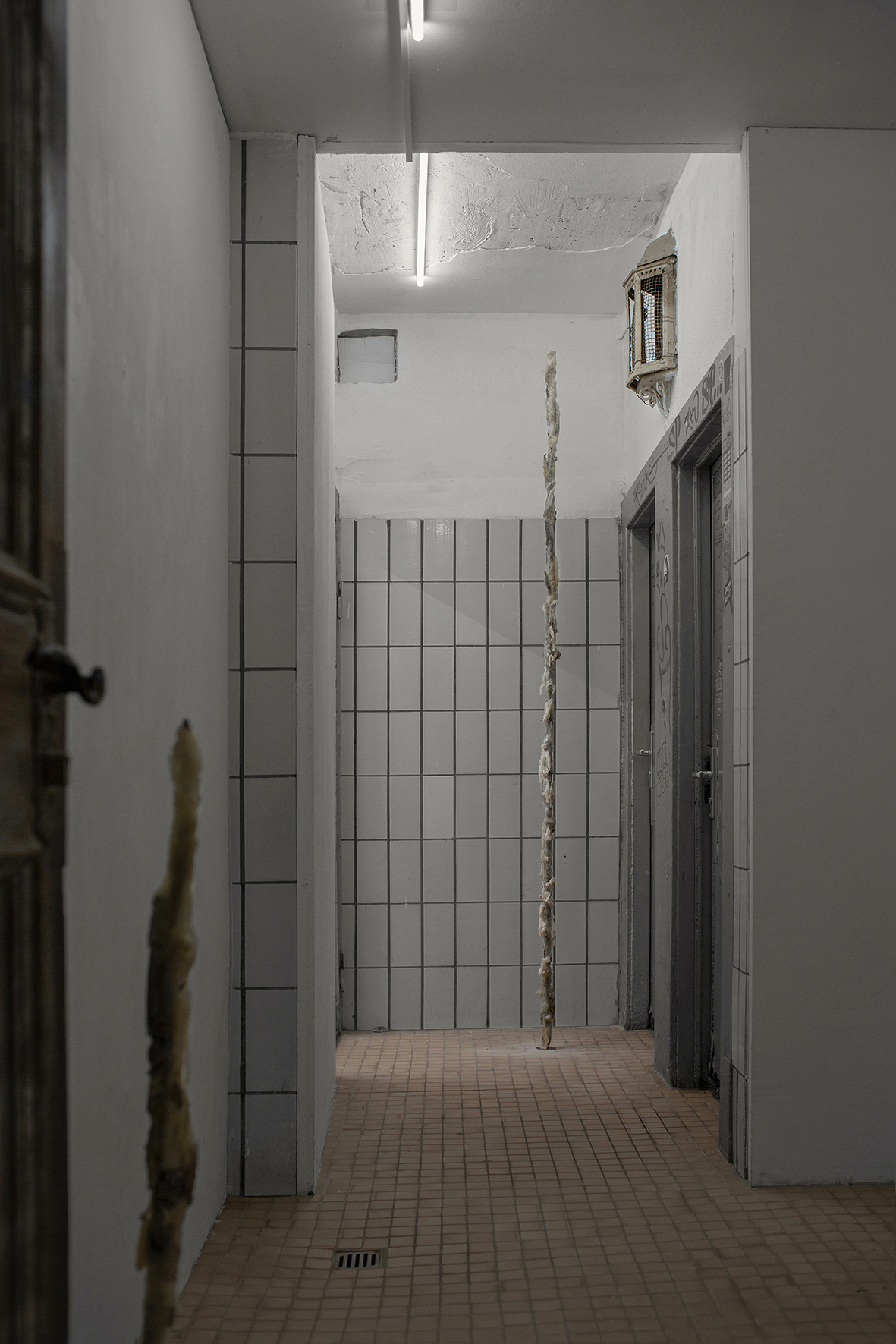
Intention Ghosts (retitled), 2021/24, series, candle remnants, wax, armatures, various materials, dimensions variable
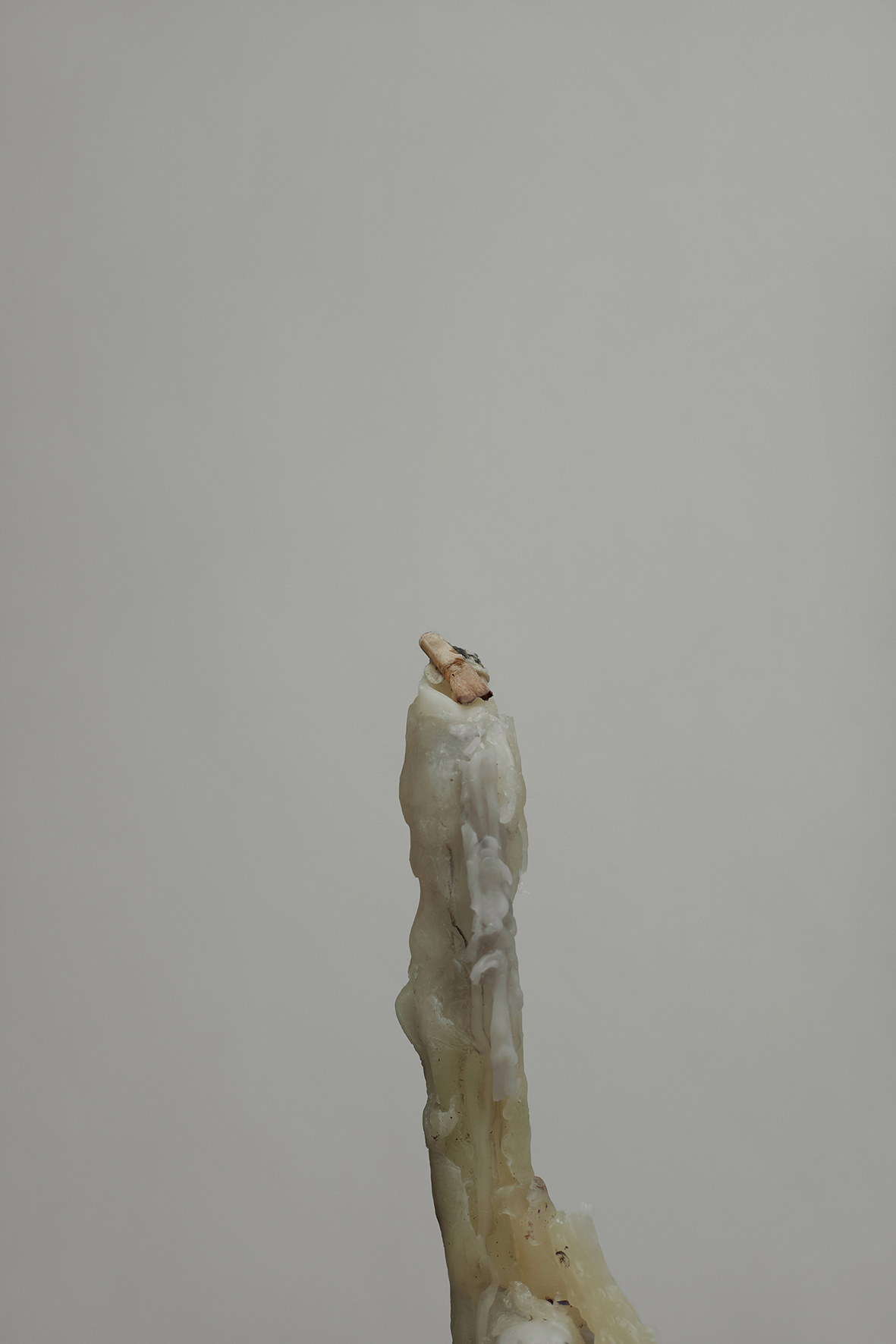
Intention Ghosts (retitled), 2021/24, series, candle remnants, wax, armatures, various materials, dimensions variable (detail)
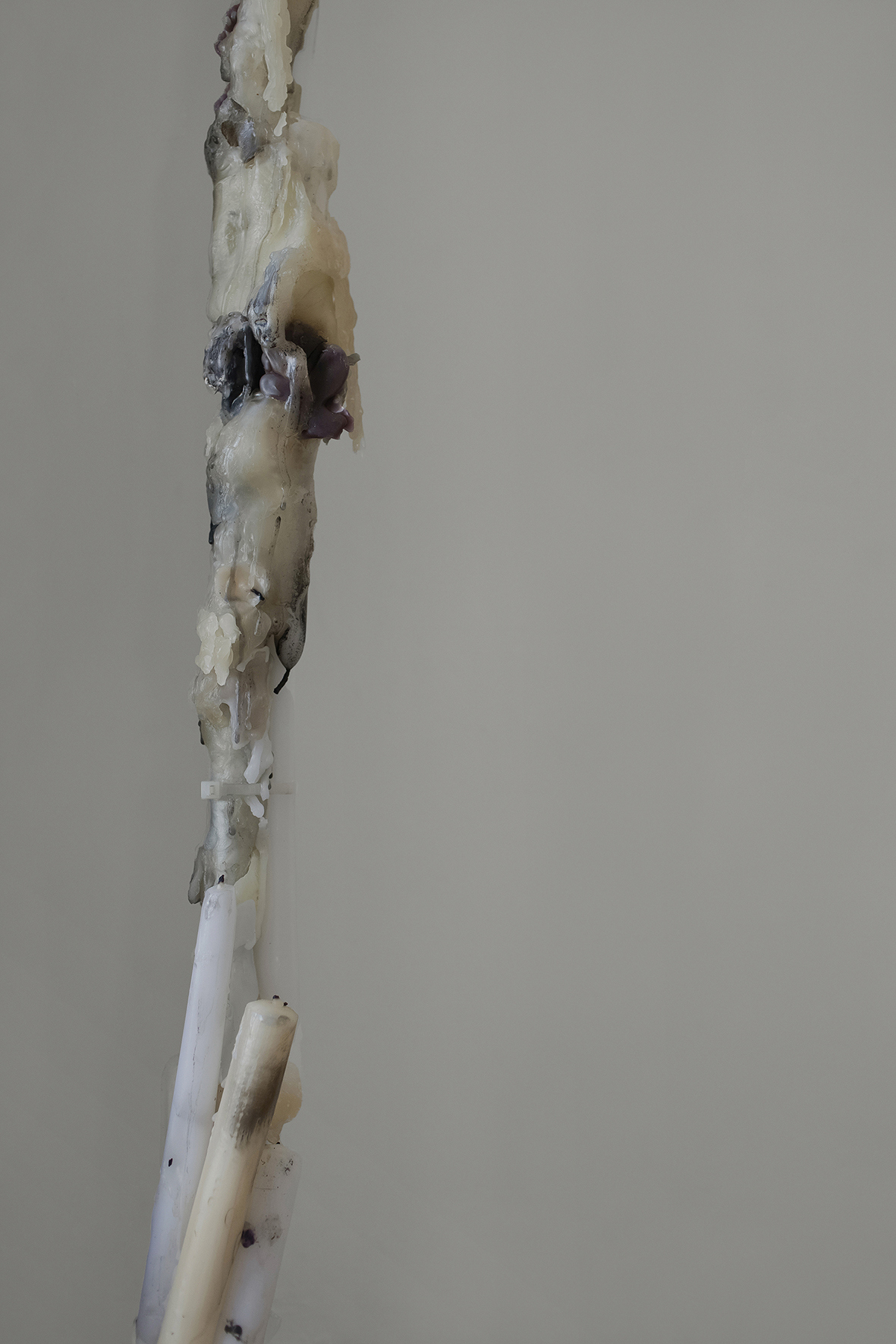
Intention Ghosts (retitled), 2021/24, series, candle remnants, wax, armatures, various materials, dimensions variable (detail)
Kaiserwache is pleased to present a solo exhibition by Nina Rieben titled "average poems sound best at midnight". We cordially invite you to the opening on March 08 at 7pm.
In the exhibition, the artist continues her series of wax sculptures, which are made from accumulated candle remnants and resemble fragile figures stretching towards the ceiling. Additionally, a new sculpture and a photographic work will be on display.
In criticism, an unexpected irony emerges: the night becomes the brightest moment for indulging in poetry of questionable quality. This notion that "average poems sound best at midnight" reveals layers of ambiguity, where emotions teeter between pathos and allure, and the bewitching hour becomes a transformative threshold. It's a moment where boundaries blur, allowing for uninhibited expressions that transcend concerns of embarrassment and correctness, giving voice to emotions that resist definition. However, as soon as the clock strikes one, these poignant expressions, once so crystal clear, fade into the spaces between lines.
As is often the case with poetry, its translation into other languages presents significant challenges, sometimes resulting in paradoxical outcomes. Similarly, Rieben's artworks in this exhibition defy straightforward interpretation, adding layers of complexity to the process of translating their idiomatic language into clear explanations.
Words and textual fragments, whether they take the form of titles or are integrated into the artworks themselves, seem to hint at stories, albeit in fragmented and rhetorical ways, often laced with subtle irony. It's as if they're reluctant to linger too long in the space, reserving the urgent right of being swiftly retracted, because midnight will pass.
Rieben's collection of works in the show highlights uncertainty, doubt, and even misunderstanding as essential qualities that challenge the conventional realities we generally agree upon and hold dear.
The following story attempts to approach the exhibition in a poetic manner.
The Overture
He found himself en route to the concert hall. His incisive contribution, "Sonorous Landscapes of Continuity: The Evolution of Serial Music in Greece," in the Zeitschrift für Neue Musik had garnered some attention, securing him an invitation as the introductory speaker. Noted in his pocket calendar was "Eliopoulos' Premiere, 7 p.m." He puzzled over the fact that he was to discuss the compositions before anyone had heard them. Yet, the director was emphatic about this decision.
"One mustn't leave the audience barehanded in the thicket of Eliopoulos' compositions without tools. That is your responsibility," he said.
Those were the first and last words he heard from him, as thereafter the organizers took charge of his affair. And for them, as it seemed, the transaction of recognizable names was paramount. His name, familiar in musicological circles, in exchange for that of the famous composer and the renowned institution. Advantageous for all parties, at least in theory. He had learned not to further question this prestige-driven dynamic. Not least because it would only unnecessarily deplete the energies he needed for his studies. The organizers offered him a relatively paltry sum for his services, yet he agreed to it. Because they had lured him with the promise of a dialogue with Eliopoulos and the latent hope of being able to see the original scores. He had taken the bait.
Thoroughly prepared and feeling confident in his speech, he floated through the nocturnal city. Briefcase in his right hand, a bouquet of flowers in his left. Engrossed in his thoughts, his body ran an automatic navigation program he had saved after his last visit to the concert hall. After the editorial report, his speech had transformed from an essayistic report into a digressive laudation. Just as they wanted. He thought of his speech, yet the memory of lunch with Eliopoulos kept intruding. His labyrinthine yet cozy house was sometimes the only thing he wished to remember of his encounter. As he turned the last corner, the familiar facade made of exposed concrete stared him down. As he climbed the steps, he noticed for the first time the black letters above the entrance, forming the word "THEATER." He wondered if this building also housed a theater. That would be new. As he peered into the illuminated lobby, he couldn’t spot a soul. In the main foyer, where he expected a throng of people, he found only a lone woman mopping the floor. She seemed indifferent to his presence, yet he approached her to inquire about the concert hall.
"Excuse me, am I in the right place at the concert hall?" he asked.
Her expression suggested that she didn't quite understand his question.
"Don't know," she replied, continuing to mop.
"I'm urgently looking for the concert hall. Eliopoulos' 'Ephesos' premiere is today. Are you aware of it?" he pressed.
She furrowed her brow and opened her mouth, but said nothing.
"Is the concert hall also located in this building, given that 'THEATER' is written above the entrance?" he asked.
"Yeah, theater," she confirmed laconically.
"Thank you," he murmured resignedly.
He was still uncertain whether he was in the right building, so he walked through the foyer and found a directional arrow marking the "GROSSE BÜHNE" (main stage). He was puzzled, as the interior of the building seemed familiar, but perhaps only in a way that all facilities of this kind were. He left the "THEATER" and walked down the street, along the massive concrete facade. His memory recognized the exterior of the building as the concert hall, the one he visited on multiple occasions before. There was no other publicly accessible entrance, and only high-set windows out of reach for a glimpse. No clear signs of the concert hall. The construction was a fortress turning its back on him. He asked a passerby for directions, but they knew nothing of a concert hall. Another clueless passerby. Finally, he approached an older gentleman who seemed familiar with the neighborhood. According to him, the city's concert hall was only a ten-minute walk from their location. The man gave him directions, and he hurried off. His watch indicated that his presence would be expected in twenty minutes at the latest. Starting sharp; Eliopoulos and the orchestra would surely not wait for him, so he picked up the pace. For nearly ten minutes he was sweating his way through the streets. After several left and right turns he found himself in a residential area. This couldn't be right, he thought. No concert hall in sight. Nervously, he glanced at his wristwatch, and instantly felt queasy. This sort of thing hadn’t happened to him before. He needed to contact the organizers. Fortunately, he spotted a telephone booth, placed his suitcase and flowers on the ground, and leafed through the Yellow Pages until he found the concert hall. Somebody had to be at the reception just before the event. After dialing the number, a young voice answered promptly.
"Good evening, you've reached the City Concert Hall. How may I assist you?" the voice greeted.
She hadn't introduced herself, or had he missed it?
"Good day, Büchner speaking, my concern is urgent. I've been tasked with delivering the introduction speech for Eliopoulos and haven't made it to the concert hall yet. Could you please fetch Gianni or Agnese?" he explained.
"Sorry, I don’t know who you’re referring to," replied the voice.
"The organizers, Mr. Pavese and Ms. Cheti," he clarified.
"I'm sorry, those names aren't familiar to me either. I'll inform Mr. Naske that you're running late. Can you estimate when you'll arrive here?" the voice asked.
"I'm uncertain of how far away I am. It's hard to explain. I thought I was already on my way to the concert hall, but somehow, I ended up getting lost in the 'THEATER' and now can't seem to find my way to the destination," he replied.
"Oh, then you're in close proximity. You should be able to see the concert hall from the theater entrance steps. Normally, there's a crowd in front of the building before a concert, hard to miss," the voice promised.
"What, that can't be right. How could I have missed that?" he puzzled.
"Mr. Büchner, walk straight across the street, then you'll be there," said the voice.
"I've already moved away from the 'THEATER'!" he lamented.
"I think the most expedient option is for you to call a taxi immediately," suggested the voice.
He hung up and called a taxi. The creeping wait gnawed at his nerves. He thought of his conversation with Eliopoulos. He thought of his less than flattering interpersonal demeanor. He thought of his tone, which had turned into yelling when he asked questions about specific passages in his pieces. If he could glean anything, it was only that he was unwelcome. Eliopoulos had implied that the pieces were not intended for him. A cigarette later, the driver picked him up and promptly brought him to the concert hall. He smoked another cigarette in the taxi. The forgotten bouquet waved goodbye in the phone booth. Just what he needed. Outside, there was no crowd, as promised, and as he walked towards the concrete facade, he couldn't shake the bizarre feeling of being back to entering the "THEATER." The fortress. He turned around. His gaze scanned the surrounding buildings, but all their details blurred into a row of gray blocks under the toxic glow of the streetlights. If he in fact stood in front of the concert hall, it was impossible to locate the "THEATER" from there. A glance at his wrist; the hands of his watch were uglier than ever. The entrance was desolate, and the cleaning lady was not where he expected her to be. He stepped further inside. As he heard the muffled sounds reaching the foyer, he knew for certain that he was in the concert hall. An ostinato, with which he had become so familiar over the past months, a sequence of tones that now flashed like a row of diamonds under bright spotlights. The piece seemed to push through the walls into the cradle of his ears, as if it wanted to be heard, as if it had been waiting for him. He wandered through the foyer, down the hallway, and approached the wall of sound that towered in front of the doors to the hall. They had been locked five minutes before the overture. He was late. But it wasn't too late. His memory was capable of filling in the missing frequencies, as faithful as if he were standing behind the conductor's podium himself. He heard the string glissando and thought of the handwritten scores that gave no hint of conventional notation and rather resembled a geometric-abstract drawing. It was inexplicable to him how the wild scribblings of a choleric turned into such subtle and breathtaking sounds.
"You must be Mr. Büchner," somebody interjected from behind, ambushing his auditory reverie.
A cold shiver ran down his spine. It was the voice from the phone. For a second, he heard his heartbeat, loud like a metronome, and it was impossible for him to turn around. Instead, he walked further down the corridor until he found refuge in the restroom. The voice followed him, but gradually faded away after he locked the door. Only now did he feel the thin, sticky film covering his body; the film that developed over the course of his day and required more than just a bath to remove. He was in sore need of a mental cleanse. He moistened his face and neck, looking into the mirror. As he took a deep breath and held it briefly, suddenly the staccato at the beginning of the fourth movement sounded. The continuation of his music seemed only a breath away. With trembling hands, he lit a cigarette, inhaled, and held his breath until he had to cough.
About the Artist:
Nina Rieben (*1992 in Bern) lives and works between Basel and Bern. In 2016, she obtained a Bachelor of Fine Arts from the Hochschule der Künste Bern, and in 2023, a Master of Fine Arts from the Hochschule für Gestaltung und Kunst Basel FHNW.
Rieben has participated in numerous exhibitions, including at the following venues: Kunsthalle Palazzo, Liestal (2023); Kunstmuseum Appenzell (2023); Krone Couronne, Biel/Bienne (2023); Kunsthalle Bern (2022, 2021), CAN Centre d'art Neuchâtel (2022, Duo); Palazzina, Basel (2020, Duo); and Stadtgalerie Bern (2019, Solo).
She is a finalist for the Swiss Art Awards 2024.
About Kaiserwache:
The former public restroom, known to Freiburg residents as "Kaiserwache," was well-frequented due to its central location in the city and proximity to the banks of the Dreisam. However, with its original purpose decommissioned, the question of finding an alternative use for the heritage-protected building has arisen. This question has become increasingly relevant, especially given the growing lack of space in Freiburg, despite many buildings remaining vacant. With this in mind, KW positions itself as an offspace that is concerned with its own temporality, interested in suggesting alternatives beyond its interim use. The space at KW acts as a catalyst for the presentation of site-specific works and the facilitation of discourse surrounding the institution of the public toilet. By showcasing site-specific works, KW offers a unique platform for artists to reflect on and engage with the space's heritage and temporality.
Curated by Christina Sperling, Lena Reckord and Ilja Zaharov.
This exhibition was funded by the Cultural Office of Freiburg and the Regional Council of Freiburg.
Ilja Zaharov


